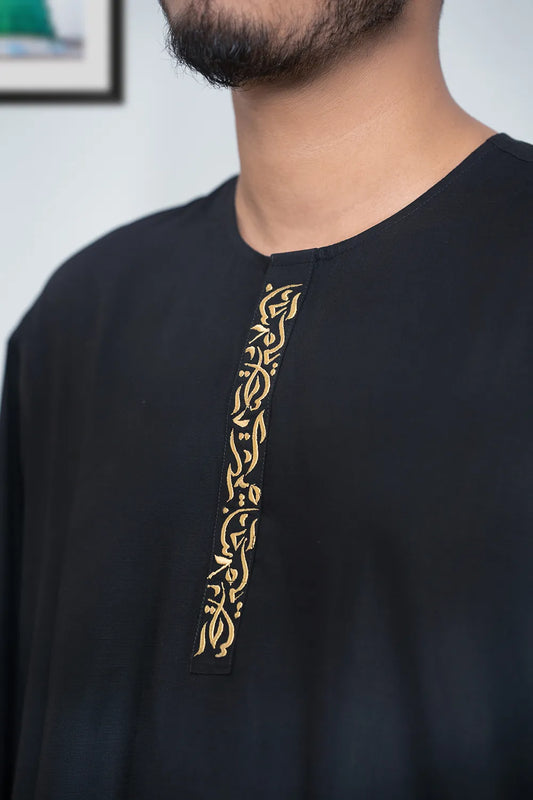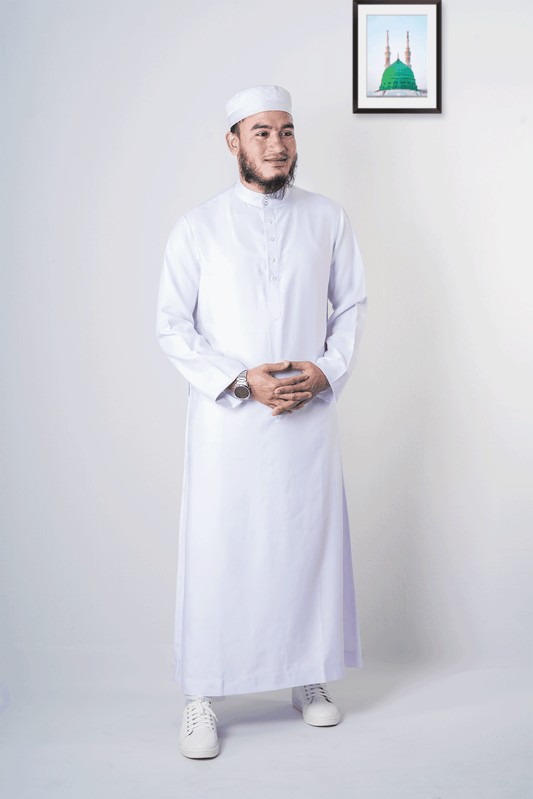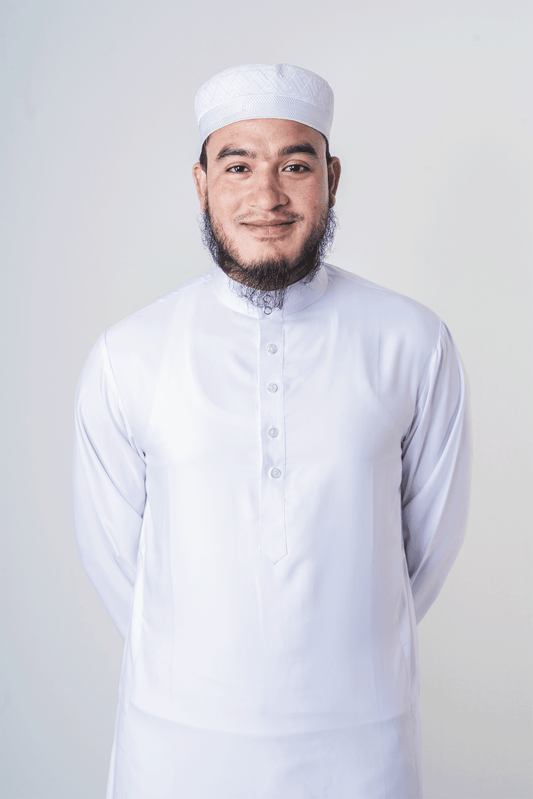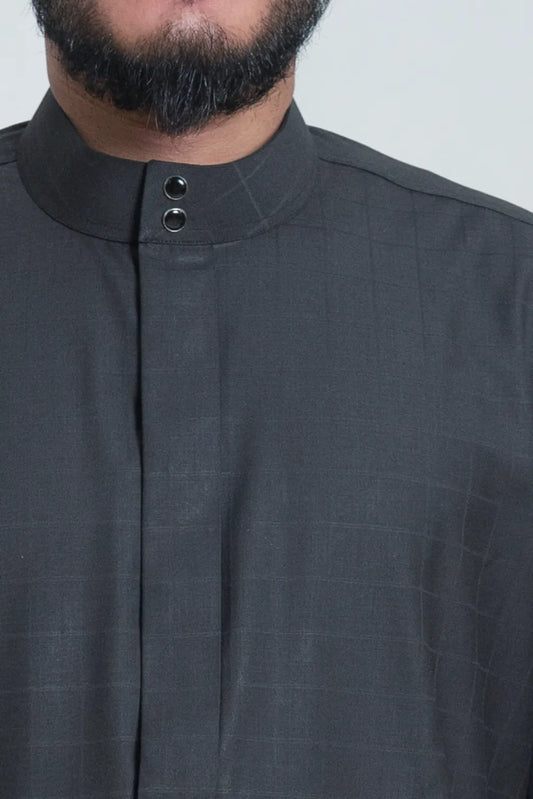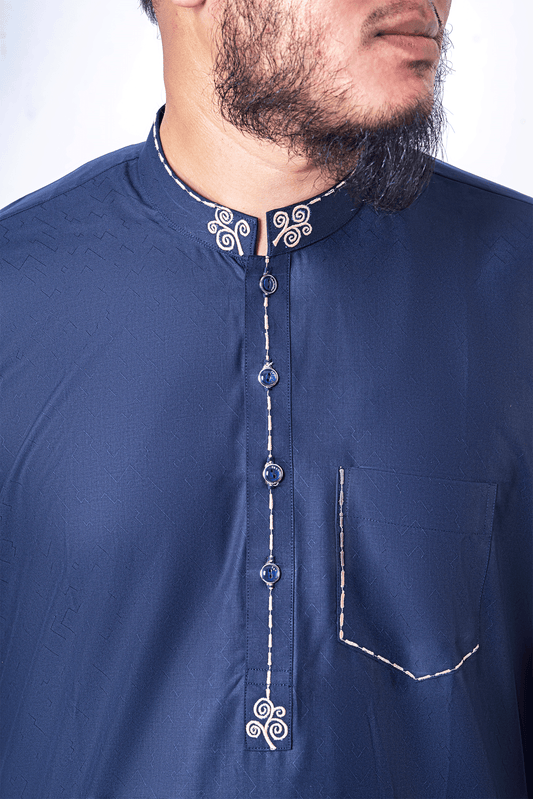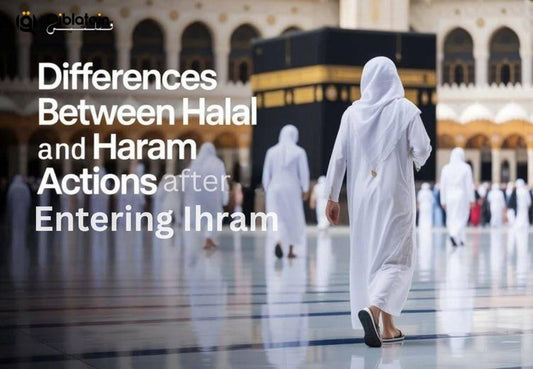If you’re among those who couldn't perform Hajj this year, know this: Allah’s mercy isn’t limited to the desert sands of Mina. Through His Prophet ﷺ, He has gifted us spiritual pathways that carry the reward of Hajj, even if our feet never leave home.
This guide is for every Muslim whose heart aches for Hajj. For those searching for spiritual alternatives to Hajj. And for anyone striving to earn that incredible reward through the doors of everyday worship.
1. Remembering Allah After Fajr Until Sunrise
The Prophet ﷺ said:
“Whoever prays Fajr in congregation, then sits remembering Allah until the sun rises, and then prays two rak'ahs, will have a reward like that of Hajj and Umrah.”
He said: “In full, in full, in full.”
(Tirmidhi)
This sacred window after Fajr is one of the most overlooked treasures in our day. Sit, remember Allah, recite Qur’an, and let your soul bask in morning light. Even once a week can transform your spiritual rhythm.

2. Going to the Mosque for Obligatory Prayer
The Prophet ﷺ said:
“Whoever performs ablution in his house, then walks to perform one of the obligatory prayers, his reward is like that of a pilgrim performing Hajj.”
(Abu Dawud)
You don’t have to cross borders to earn the reward of pilgrimage. Sometimes, the walk to your local masjid is enough — if made with love, intention, and consistency.

3. Attending Friday (Jumu’ah) Prayer
Sa‘id ibn al-Musayyib (RA) said:
“The Friday prayer is more beloved to me than a voluntary Hajj.”
(Malik’s Muwatta)
Jumu’ah isn’t just a weekly obligation. It’s a renewal, a gathering, a reminder — and, in reward, it can stand beside voluntary pilgrimage. Arrive early. Cleanse with purpose. Listen with humility.

4. Participating in Eid Prayers
Mikhnaf ibn Sulaym (RA) said:
“The reward for attending Eid al-Fitr is equal to that of performing Umrah, and for Eid al-Adha, it is equal to Hajj.”
(Lata’if al-Ma‘arif)
Dress beautifully, walk to the prayer ground, and remember Allah in community — your intention may carry you to rewards usually reserved for those standing on Arafah.

5. Learning or Teaching in the Masjid
The Prophet ﷺ said:
“Whoever goes to the mosque, not desiring except to learn or teach what is good, will have the reward of a complete Hajj.”
(Tabarani)
That quiet halaqah after Isha. That tafsir class on a Saturday morning. Each one carries the potential of a spiritual journey greater than we realize — if done sincerely for Allah.

6. Serving Your Parents
A man once came to the Prophet ﷺ and said he wished to join jihad but his mother needed him. The Prophet said:
“Stay with her, for Paradise lies beneath her feet.”
In another narration, he equated caring for parents with Hajj, Umrah, and jihad.
(Al-Bayhaqi)
Service to your mother or father — their care, comfort, and dua — can be your greatest act of worship. For some, being a good son or daughter is their pilgrimage.

7. Fulfilling the Need of a Fellow Muslim
Hasan al-Basri (RA) said:
“Fulfilling a need for your brother is better for you than performing Hajj after Hajj.”
It might be something simple: helping with a ride, paying a bill, or visiting someone sick. But in the scale of Allah, these small mercies carry immense weight.

When the Heart Longs for Hajj — A Qur’anic Prayer for the Journey
Longing for Hajj is a gift in itself. If your heart aches to be invited, you’re already on the path — in spirit, if not in body. And in those moments of longing, Allah Himself shows us how to ask:
رَبِّ أَوْزِعْنِي أَنْ أَشْكُرَ نِعْمَتَكَ الَّتِي أَنْعَمْتَ عَلَيَّ وَعَلَىٰ وَالِدَيَّ وَأَنْ أَعْمَلَ صَالِحًا تَرْضَاهُ
“My Lord, enable me to be grateful for Your favor which You have bestowed upon me and upon my parents, and to do righteousness of which You approve.”
(Surah Al-Ahqaf, 46:15)
Say this with the intention of one day being called to Hajj. Say it for the strength to walk in worship now. Say it because Allah listens.
We’ve also compiled 100+ authentic du’as for health, provision, inner peace, and righteous goals — including Hajj. If you'd like access to the full collection:
100+ Best Duas for Health, Happiness, Success, & more →
Conclusion: The Spirit of Hajj Can Begin Wherever You Are
Hajj is a pillar of Islam — a once-in-a-lifetime journey. But for those who cannot go yet, Allah has opened doors through intention, sincerity, and simple yet powerful deeds.
If your name wasn't written this year among the guests of the House, trust that your soul can still be among those traveling to Him.
Until your feet reach Makkah, let your worship, service, and remembrance pave the way.
What is Hajj?
Hajj is the major pilgrimage to Makkah, one of the five pillars of Islam. It is an obligation for every adult Muslim who is physically and financially able to perform it once in their lifetime.
What is the difference between Hajj and Umrah?
Hajj takes place during a specific time in Dhul Hijjah and includes standing on Arafah. Umrah can be performed any time of the year and includes fewer rituals. Hajj is obligatory; Umrah is highly recommended but not required.
Who is required to perform Hajj?
Hajj is required for Muslims who are:
- Adult (reached puberty)
- Sane
- Physically and financially able
- Have safe access to travel
Can I get the reward of Hajj without actually going?
While nothing replaces the actual obligation of Hajj, certain deeds mentioned by the Prophet ﷺ can carry similar rewards when done sincerely. These include acts like attending Fajr in congregation and remembering Allah until sunrise, serving parents, and more.
Is Hajj required every year?
No. Hajj is an obligation only once in a lifetime, as long as the conditions are met. Any Hajj after that is considered voluntary and rewarded accordingly.
What if I long for Hajj but can’t afford it?
Your sincere intention and du‘a are valued by Allah. Until you are able to go, strive in deeds that carry similar reward and keep asking Allah for the opportunity.
When is Hajj?
Hajj takes place every year during the Islamic month of Dhul Hijjah, from the 8th to the 13th. The Day of Arafah, which is the most significant day of Hajj, falls on the 9th of Dhul Hijjah.
How many people performed Hajj in 2025?
As of now, the official number of pilgrims for Hajj 2025 has not yet been published by the Saudi authorities. Final figures are usually released shortly after the pilgrimage ends. In recent years, attendance has ranged between 1.5 to 2.5 million people depending on global conditions and capacity.




